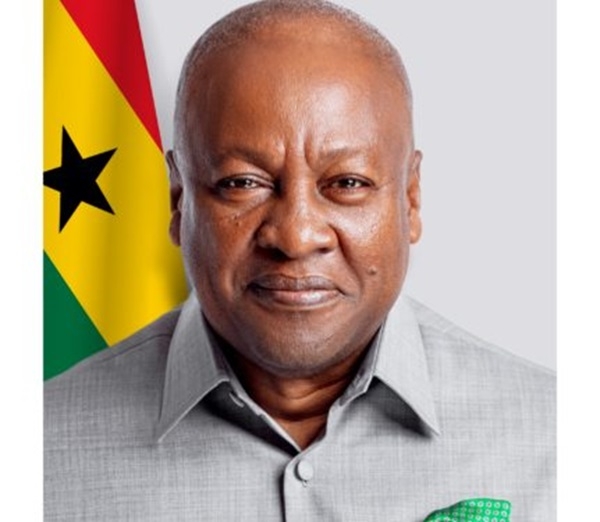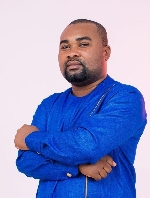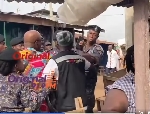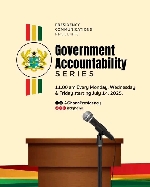President Mahama holds emergency security council meeting over Bawku chieftaincy conflict
 John Mahama
John Mahama
President John Dramani Mahama on Tuesday chaired an emergency meeting of the National Security Council to address the protracted chieftaincy conflict in Bawku, a town that was once a vibrant commercial hub in the Upper East Region.
The high-level meeting, which brought together key security chiefs and government officials, was convened to explore lasting solutions to the deep-rooted dispute that has plagued the town for years, destabilising lives and crippling socio-economic development.
Sources close to the meeting described the discussions as impactful, with President Mahama expressing deep concern about the human, economic, and social toll of the conflict.
The President reaffirmed his government’s commitment to peace and justice, emphasising that Bawku’s future depends on a unified approach that upholds the rule of law, respects traditional authority, and prioritises the welfare of residents.
The Bawku chieftaincy dispute has led to intermittent violence, loss of lives, destruction of property, and the disruption of economic activities in the town.
Once known for its bustling markets and rich cultural diversity, Bawku has seen a steady decline due to the persistent tensions.
The National Security Council is expected to roll out a comprehensive strategy involving security reinforcements, stakeholder engagement, and conflict resolution mechanisms aimed at restoring peace and rebuilding trust in the area.
President Mahama is also expected to engage traditional leaders, youth groups, and civil society organisations in the coming days to rally support for the peace process
Meanwhile, Members of Parliament from Kusaug and Kusaasi community leaders held a press conference on Tuesday to condemn the recent military violence in Bawku.
They expressed regret over the killing of six civilians, injuries, and property destruction following the military’s rampage on July 13th, triggered by an attack on a military vehicle.
The group demanded an apology from the Ghana Armed Forces, investigations into the soldiers involved, and an overhaul of security personnel in Bawku.
They also called for the reconstruction of the destroyed statue of their traditional leader, Zugraan Asigri Abugrago Azoka II, and compensation for victims’ families.
They urged restraint among youth, appealed to the Asantehene to expedite mediation, and emphasised their commitment to peace and reconciliation in Kusaug.
Source: Classfmonline.com/Cecil Mensah
Trending News

Betrayed and unsafe: NDC executives threaten to withdraw from campaigns in Kusaug
13:46
Gov’t to pay 3% percent share of DACF for PWDs on Monday
12:46
Dr. Razak Kojo Opoku calls for 'substitution' in NPP's 2028 flagbearer race
21:56
Another police brutal assault on journalist at Ablekuma North
09:52
NDC executives in six Kusaug constituencies denounce Mahama
15:43
GFZA, Prison Service forges partnership to boost inmate rehabilitation
12:01
Presidency launches gov't accountability series to promote transparency
19:26
GTEC under fire over alleged push to reinstate staff implicated in EOCO theft probe
09:11
NDC executives decry ‘state-sponsored assault’ in Bawku
13:28
MDCC leaders pay courtesy call on Deputy Energy Minister
11:34



